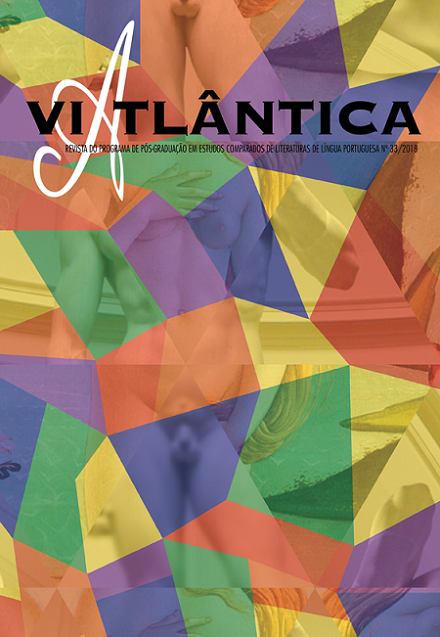A question on the teaching of portuguese-speaking literatures: between the "Lusophone canon" and "Aesthetic-patriotic emotion"
DOI:
https://doi.org/10.11606/va.v0i33.141289Keywords:
literatures in portuguese, national system, lusophone canon, school canon, intercultural pedagogyAbstract
For many "memory entrepreneurs" in Portuguese-speaking countries, it is politically correct to declare that the common language works in our case, more so than in other cases where the European language is an official language, as a solid link based on a "history original". The Portuguese-speaking countries, when they "arrived" in the international arena, found blocks of solidarity, based on the most diverse elements, already constituted in a globalized and super-diverse world in which, paradoxically, the claim of difference is one of the most imposing brands. The following question arises: in the study of literature, how to "solve the question" of the nationality of writers who write in Portuguese? What to teach: literatures in Portuguese or "national literature", understood as "aesthetic-patriotic emotion" (José-Carlos Mainer)?
Downloads
Downloads
Published
Issue
Section
License
Copyright (c) 2018 Inocência Mata

This work is licensed under a Creative Commons Attribution 4.0 International License.
Authors who publish with this journal agree to the following terms:
- Authors retain copyright and grant the journal right of first publication with the work simultaneously licensed under a Creative Commons Attribution License that allows others to share the work with an acknowledgement of the work's authorship and initial publication in this journal.
- Authors are able to enter into separate, additional contractual arrangements for the non-exclusive distribution of the journal's published version of the work (e.g., post it to an institutional repository or publish it in a book), with an acknowledgement of its initial publication in this journal.
- Authors are permitted and encouraged to post their work online (e.g., in institutional repositories or on their website) prior to and during the submission process, as it can lead to productive exchanges, as well as earlier and greater citation of published work (See The Effect of Open Access).



















